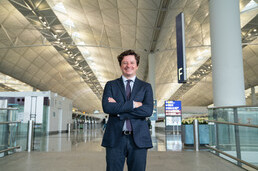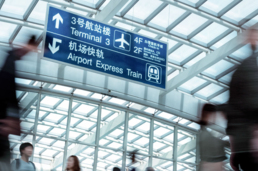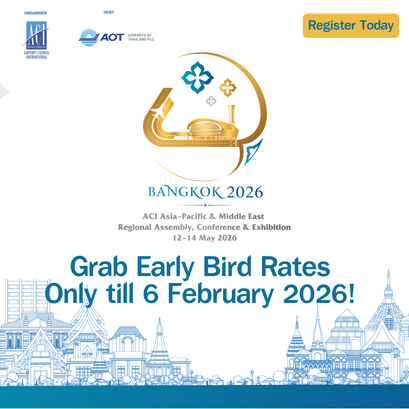View From the Top: Year-end Reflections
- 2023-01-09
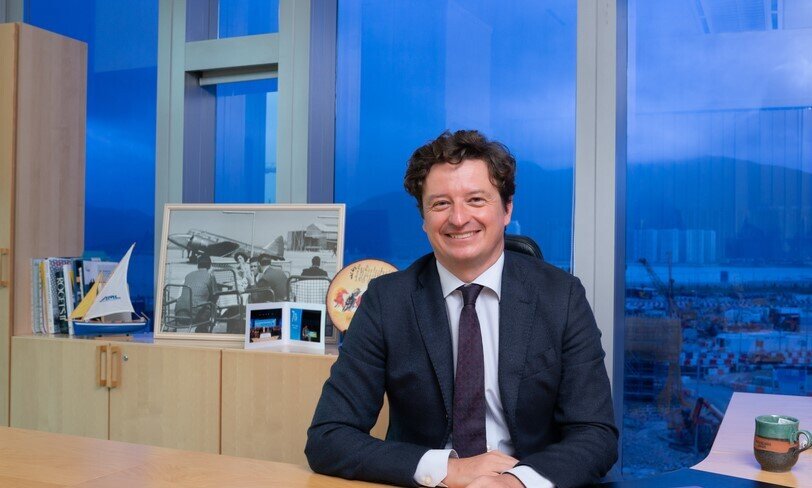
ACI Asia-Pacific Director General, Stefano Baronci, reflects on a busy and successful end to 2022.
A decade of negotiations has finally concluded with ICAO member states committing to support net-zero carbon emissions by 2050 as the long-term aspirational goal (LTAG). This is a landmark decision to make our industry more sustainable, and the commitment from the governments makes it all the more encouraging for us in our pursuit to achieve net zero goals.
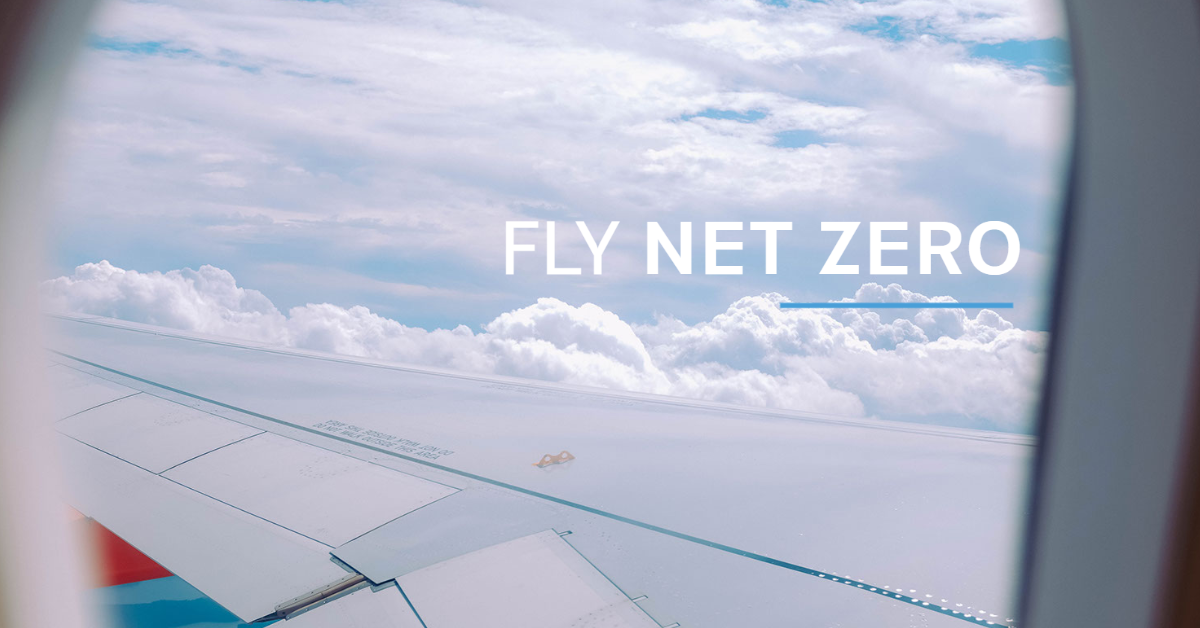
There have been significant efforts to reduce the carbon footprint at airports, but the emissions levels will still increase due to a lack of clear solutions to decarbonise the industry and surging demand for air travel.
The coming years will also be more challenging as traffic across Asia-Pacific and the Middle East is expected to grow six-fold and three-fold, respectively, by 2050. This could result in carbon emission levels increasing by up to 70% from the 2010 emission baseline, making it even more difficult for our industry to mitigate the emissions.
Policy Paper on Decarbonisation
To accelerate sustainable growth within the industry, ACI Asia-Pacific has developed a policy paper on decarbonisation to help airports achieve their emission goals. The paper also outlines what airports can do and how ACI Asia-Pacific can help them achieve their net zero goals. In addition to seeking support from governments, the paper also focuses on investment in brownfield and greenfield airports with a focus on decarbonisation.
ACI Asia-Pacific has been actively promoting Airport Carbon Accreditation (ACA), the only institutionallyendorsed, global carbon management certification programme for airports.
Launched in 2009 by ACI EUROPE, today more than 420 airports worldwide are accredited under the programme. These airports account for about 50% of global traffic. The total includes 66 airports in Asia-Pacific and the Middle East, which between them handle more than 40% of the region’s passenger traffic. This is a globally acclaimed programme for airports to align their
carbon goals.
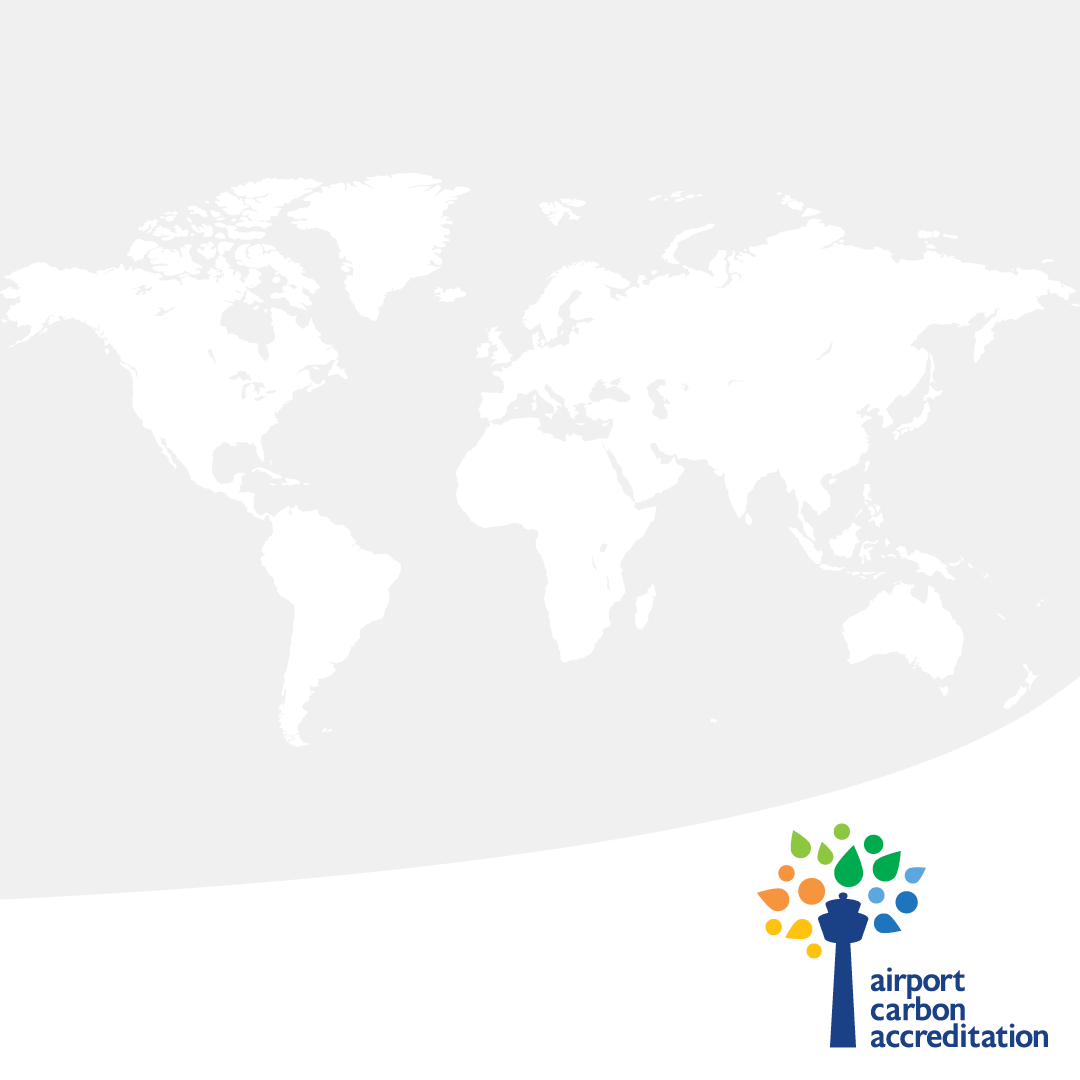
Equally as encouraging is the fact that airports in the region are already working towards exploring potential pathways towards net zero. As of November of 2022, 23 of our airports had already committed to achieving Net Zero Carbon by 2050. While ten airports across Australia (6), India (2) and New Zealand (2) have committed to reaching the goal by 2030.
Key Enablers
Implementing energy-efficient measures in airports, including switching fuel for on-site thermal and sustainable electrical applications, will be fundamental to reducing emissions. In this regard, some options for airports to consider include renewable electricity sourced from the national grid or through power purchase agreements; on-site-generation of energy; and the use of zero carbon emission vehicles. Others are the deployment of negative emissions technologies such as bio-energy carbon capture storage; gas separation technology for carbon capture storage; and direct air capture devices.
Government Support is Essential
Without the engagement and support of governments, many of these investments will not be possible. It is therefore vital that governments support our industry with policies that focus on decarbonisation. The future of our industry depends on decarbonised, affordable and sustainable measures.
Green Airport Recognition
Complementing ACA, ACI Asia-Pacific launched the Green Airport Recognition programme to promote environmental best practices and share best practices among airports along the decarbonisation journey. Applications are open for GAR 2023, with the theme being Elimination of Single-Use Plastic. We look forward to receiving submissions from our member airports across
the region to showcase their revolutionary initiatives and projects on carbon management.
Positive Outcome at ICAO Middle East Conference
Following the global agreement on achieving net zero carbon emissions in aviation by 2050, ACI Asia-Pacific presented a policy paper on decarbonisation at the 6th ICAO Conference for Director General of Civil Aviation for the Middle East in Abu Dhabi, calling for enhanced government support for airports to achieve net zero goals. We are pleased that the conference acknowledged our suggestions and urged airport operators in the Middle East to implement the ACI Airport Carbon Accreditation programme (ACA) and adopt the Airport Carbon and Emissions Reporting Tool (ACERT) in their decarbonisation strategy.
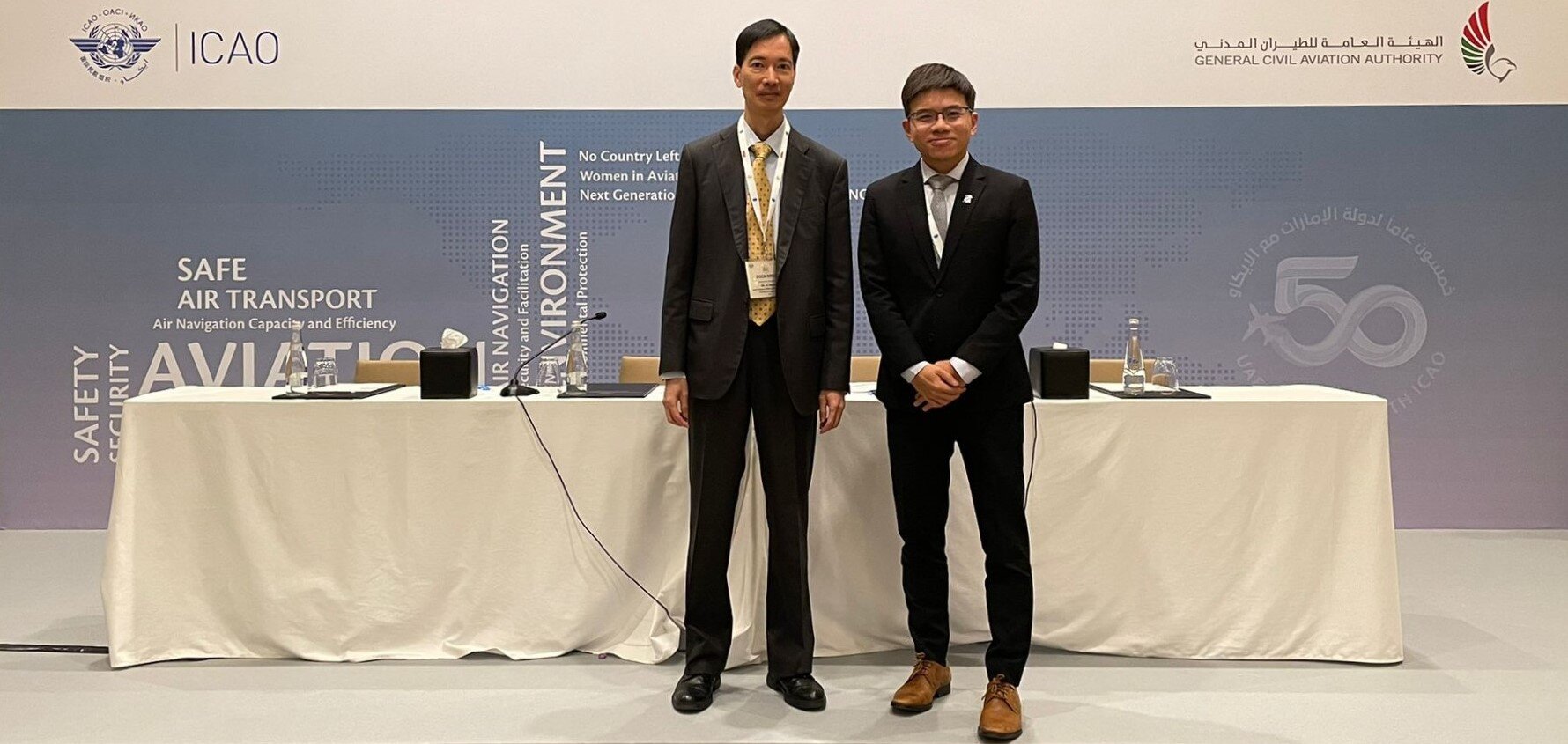
Making an Impact
Our participation at the conference has been very positive as ICAO accepted ACI Asia-Pacific’s suggestions in principle and objectives for the drafting of the MID-Air Transport Strategic Plan 2025-2040, and nominated ACI Asia-Pacific as the co-rapporteur of the working group tasked to draft the plan.
The plan will define the strategic objectives for the air transport industry of the Middle East in the areas of safety, security, facilitation, environmental protection and air connectivity.
New Members Elected
ACI Asia-Pacific welcomed three new members to the Regional Board at our 34th Board Meeting in Muscat, hosted by Oman Airports. The new additions are Muhammad Awaluddin from Indonesia (President director of PT Angkasa Pura I); Chang Yi Wang from China (Chairman of Capital Airports Holding Limited and Chairman of Beijing Capital International Airport Co Ltd) and Lorie Argus, the CEO of Australia Pacific Airports Corporation which manages and operates Melbourne and Launceston airports.
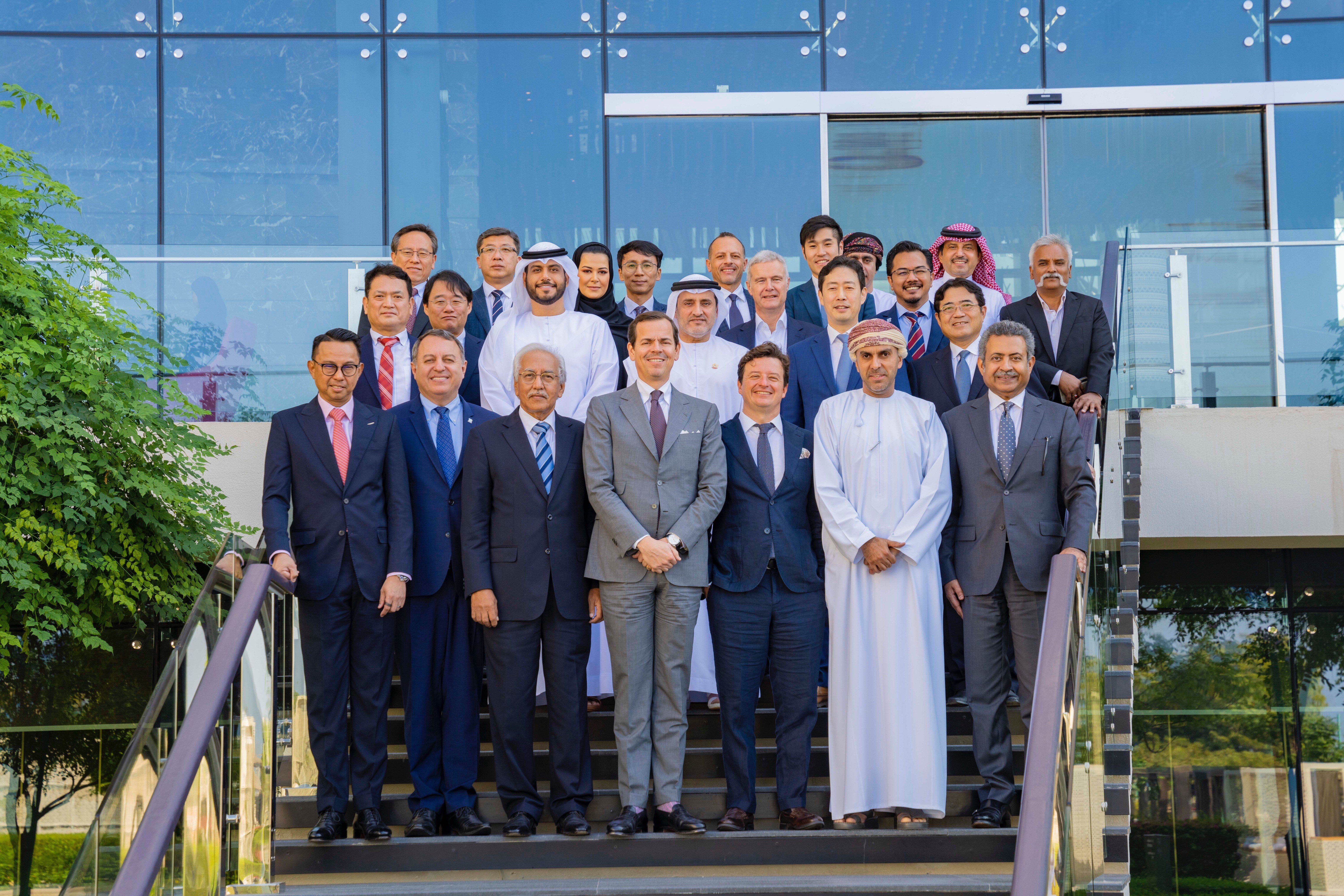
A Positive Year
Despite the challenges faced in 2022, it was a positive year for our region. While COVID-19 cases surged early in 2022 leading to a fresh round of curbs, countries began to reopen their borders by mid-2022, enabling our industry to gradually recover.
As the year draws to a close, we are deeply appreciative of our members’ continued support and commitment. Despite the challenging times brought on by the pandemic, our engagement and advocacy efforts have remained firm.
Our consistent engagement with national authorities in Japan, Hong Kong and South Korea saw considerable progress as the governments relaxed COVID-related restrictions providing the much-needed thrust to the recovery.
On the internal front, we were glad to see six new airport operators, two affiliates and 15 new World Business Partners join us during the year. As a result, ACI Asia-Pacific now has 127 airport members, managing and operating 618 airports across 46 countries/territories and a strong line-up of 98 World Business Partners. We appreciate the confidence entrusted on our association.
Lastly, I would like to wish all our airport members and World Business Partners a wonderful holiday season ahead.
- CATEGORY
- COUNTRY / AREA
- Hong Kong SAR
- AUTHOR
- ACI Asia-Pacific


